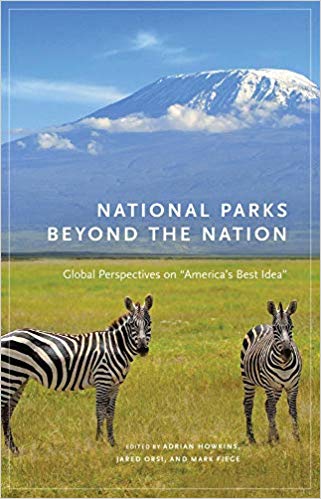

Rather than presenting a mere juxtaposition of oppression and resistance, he offers a subtle analysis of how material and ecological changes induced by trade with Japan set in motion a reorientation of the whole northern culture and landscape. He is the author of The Conquest of Ainu Lands: Ecology and Culture in Japanese Expansion, 1590-1800 A Concise History of Japan The Lost Wolves of Japan and Toxic Archipelago: A History of Industrial Disease in Japan. Walker takes a fresh and original approach. Walker is Regents Professor of History at Montana State University. By framing his study between the cultural and ecological worlds of the Ainu before and after two centuries of sustained contact with the Japanese, the author demonstrates with great clarity just how far the Ainu were incorporated into the Japanese political economy and just how much their ceremonial and material lifeand#151 not to mention disease ecology, medical culture, and their physical environmentand#151 had been infiltrated by Japanese cultural artifacts, practices, and epidemiology by the early nineteenth century. Discussant: Brett Walker Montana State University. Wednesday, Decem(Rescheduled from 11/18/14). Impacted by flooding from Glacial Lake Missoula in Montana, the resulting landscape of. Inspired by "new Western" historians of the United States, Walker positions Ezo not as Japan's northern "frontier" but as a borderland or middle ground. Takashi Nishiyama State University of New York at Brockport Quiet War at Home: Inter-service Rivalry in the Japanese Military, 191942'. Professor, Montana State University 3/11, Asbestos, and the Unmaking of Japan’s Modern World. Walker is Assistant Professor of History at Montana State. Governor Greg Gianforte today announced he is appointing Brett Linneweber to serve on the Thirteenth Judicial District Court in Yellowstone County. Walker tackles key themes regarding Japans relation.ships with its minorities, state and economic development. Montana State University researchers to compare Montana, Japanese. He finds that family legacies shape us both physically and symbolically, forming the root of our identity and values, and he urges us to renew our interest in the past or risk misunderstanding ourselves and the world around us.This model monograph is the first scholarly study to put the Ainuand#151 the native people living in Ezo, the northernmost island of the Japanese archipelagoand#151 at the center of an exploration of Japanese expansion during the seventeenth and eighteenth centuries, the height of the Tokugawa shogunal era. Inspired by new Western historians of the United States, Walker positions Ezo not as. Brett Walker Montana State University Office: 40. In his own search, Walker soon realizes that this broader scope is more valuable than a strictly medical family history. A lavish two-storey penthouse apartment in Broadbeach owned by construction heavyweight Brett Walker has hit the market with a 3.15m price tag after no one claimed it at auction. In this deeply personal narrative, he constructs a history of his body to understand his diagnosis with a serious immunological disorder, weaving together his dying grandfather's sneaking a cigarette in a shed on the family's Montana farm, blood fractionation experiments in Europe during World War II, and nineteenth-century cholera outbreaks that ravaged small American towns as his ancestors were making their way west.Ī Family History of Illness is a gritty historical memoir that examines the body's immune system and microbial composition as well as the biological and cultural origins of memory and history, offering a startling, fresh way to view the role of history in understanding our physical selves. Walker, Regents Professor of History at Montana State University, Bozeman, will be giving a talk next Monday about disasters in modern Japan.
BRETT WALKER MONTANA STATE PROFESSIONAL
While in the ICU with a near-fatal case of pneumonia, Brett Walker was asked, "Do you have a family history of illness?"-a standard and deceptively simple question that for Walker, a professional historian, took on additional meaning and spurred him to investigate his family's medical past. To this day, Japans modern ascendancy challenges many assumptions about world history, particularly theories regarding the rise of the west and why the.


 0 kommentar(er)
0 kommentar(er)
